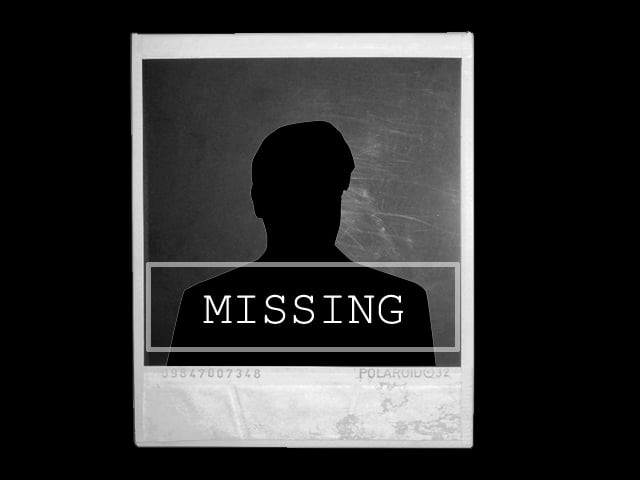Enforced disappearances : PHC summons intelligence chiefs, defence and interior secretaries
Families of the interned gather outside court to hear verdict.

Justice Khan warned a larger bench would be constituted to hear the petitions. DESIGN: SIDRAH MOIZ KHAN
The Peshawar High Court (PHC) has summoned the director generals (DG) of Inter-Services Intelligence (ISI) and Military Intelligence (MI) to appear before the court and respond why facts were being concealed in cases pertaining to enforced disappearances.
The court also summoned federal secretaries for defence and interior. It directed the officials to send high-ranking officers to answer queries if they could not appear themselves.
The notices were served by a division bench comprising PHC Chief Justice Dost Muhammad Khan and Justice Qaiser Rashid while hearing 145 habeas corpus petitions filed by people alleging security forces were keeping their family members in illegal custody.
Last Thursday, the provincial home department informed the court 45 previously missing perople had been identified. The number included 15 freed persons, 26 who were sent to Kohat Internment Center and four suspected militants who were handed over to the political administration and provincial police to be tried against charges.

Representing the Ministry of Defence, Captain Muhammad Ali submitted a report and said of the 145 cases displayed on the list, one had been shifted to Lakki Marwat Internment Center while the rest were not in the ministry’s custody.
The bench, however, termed the report incorrect and observed the agencies were provoking protests.
“The courts will never be pressurised by these tactics. There are clear indications [that] persons have been whisked away and detained by agencies,” said Justice Khan, adding some institutions considered themselves above the law.
Justice Khan warned a larger bench would be constituted to hear the petitions. “Action will be taken against those running illegal detention centres if agencies fail to shut down unlawful places,” he added.
Deputy Attorney General Muzammil Khan told the bench the federal government and agencies had been complying with court orders, claiming a ground check was underway. He requested the court for more time on the matter.
The bench observed both the defence and interior ministries had assured the court of a resolution to the issue within a month during the last hearing. It has been clarified those involved in terror activities should be tried in court, it observed.
The attitude and conduct of respondents will be closely watched and the bench will wait for a positive response. Otherwise, a larger bench will determine the role of agencies and probe their systems of command and control, the bench maintained.
The PHC also asked Judge Advocate General Branch GHQ to show why detention centres being run without authority should not be declared unlawful.
“All respondents shall understand this is the last chance for agencies to reform, abide by laws of the land and respect fundamental rights. Otherwise, their violation of the law and Constitution will be taken seriously in the next hearing,” warned Justice Khan, adjourning the case till June 27.
Case 1:
Muhammad Tahir, the brother of a 25-year-old incarcerated school teacher Muhammad Rafeeq from Tirah Valley, was among dozens of others gathered outside the court to listen to the verdict pertaining to enforced disappearances.
Tahir told The Express Tribune his brother had migrated from the valley due to the deteriorating law and order situation and was running a marble business. He added Rafeeq had been picked up from Karkhano Market on November 18, 2012, where someone had called him for a business deal.
Case 2:
Relatives of Kashif Iqbal, a 19-year-old student of a local seminary in Shergarh, Mardan, said Iqbal had been picked up during a joint raid conducted by the police and joint investigation team on May 15, 2009.
“We are searching for him, but we do not have any information. We have been visiting the courts with the hope that our relative is identified,” said one of Iqbal’s relatives.
Published in The Express Tribune, May 30th, 2013.













COMMENTS
Comments are moderated and generally will be posted if they are on-topic and not abusive.
For more information, please see our Comments FAQ